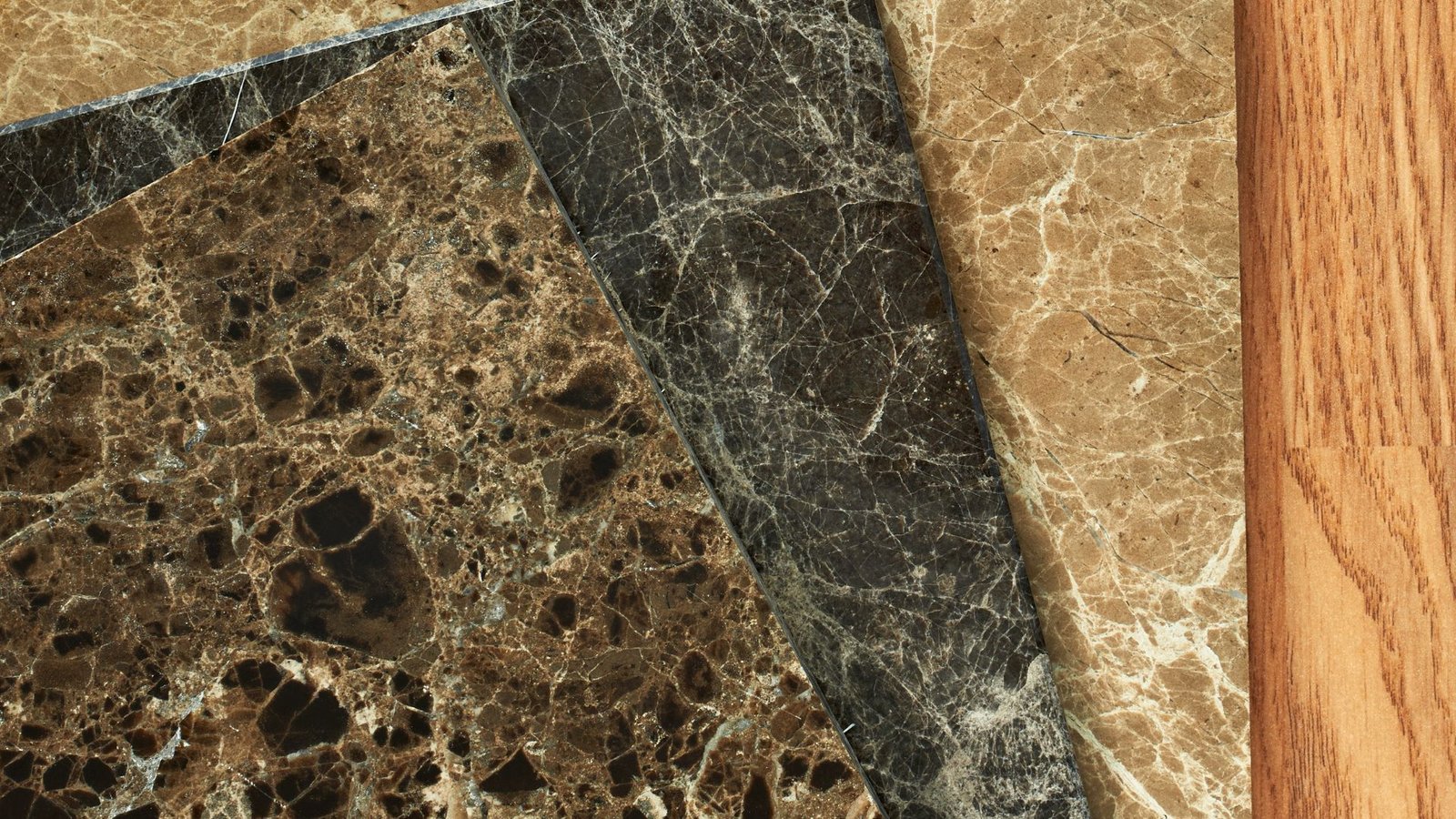In the sunny state of Florida, where homes often blend indoor luxury with outdoor charm, the choice of countertop material plays a pivotal role in both aesthetics and functionality. Two of the most sought-after materials are granite and quartz. Both offer unique advantages, but which one reigns supreme for Florida homes? Let’s dive deep into a comprehensive comparison to help homeowners make an informed decision.
Introduction 🌅
Florida, with its balmy weather and coastal vibes, demands a blend of durability and style when it comes to home interiors. Granite and quartz, with their distinct characteristics, often emerge as top contenders for countertops. But how do they stack up against each other, especially considering Florida’s unique climate and lifestyle?
Aesthetics and Design 🎨
Granite:
- Natural Beauty: Being a 100% natural stone, each granite slab boasts a unique pattern, ensuring no two countertops are identical.
- Variety: Available in a plethora of colors and patterns, from deep blacks to vibrant blues and classic whites.
Quartz:
- Consistency: Engineered from natural quartz crystals combined with resins, quartz countertops offer a more uniform look.
- Customization: Modern manufacturing allows for a wide range of colors, even those not typically found in natural stone.
Durability and Maintenance 🛠️
Granite:
- Strength: Granite is inherently strong and resistant to scratches.
- Sealing: Requires periodic sealing to maintain its stain resistance, especially important given Florida’s humidity.
Quartz:
- Non-Porous: Quartz’s non-porous nature makes it highly resistant to staining, an advantage in spill-prone areas.
- Low Maintenance: No need for sealing, making it easier to maintain over time.
Heat and UV Resistance ☀️🔥
Granite:
- Heat Resistant: Can withstand hot pots and pans, a boon for avid cooks.
- UV Sensitivity: Prolonged exposure to Florida’s strong sunlight can cause some granite colors to fade over time.
Quartz:
- Moderate Heat Resistance: While quartz can handle heat to some extent, it’s less tolerant than granite. Trivets or mats are recommended.
- UV Stability: Some modern quartz countertops are manufactured to be UV stable, making them suitable for outdoor kitchens in sunny Florida.
Cost 💰
Granite:
- Variable Pricing: Depending on the rarity and origin, granite prices can vary. However, there’s usually a granite option for various budget ranges.
Quartz:
- Stable Pricing: Quartz countertops often have more consistent pricing, but premium designs can elevate costs.
Environmental Considerations 🌿
Granite:
- Natural Extraction: Being a natural stone, granite is quarried, which can have environmental implications.
Quartz:
- Engineered Production: Quartz countertops are manufactured, allowing for more control over resource usage and waste.
Suitability for Florida Homes 🌴
Granite:
- Cool Surface: Granite remains cool to the touch, a pleasant feature for Florida homes.
- Outdoor Use: If sealed properly and chosen carefully considering UV sensitivity, granite can be used for outdoor kitchens.
Quartz:
- Consistent Look: For homeowners seeking a uniform aesthetic, quartz delivers.
- Humidity Resistance: Quartz’s non-porous nature makes it ideal for Florida’s humid environment, resisting mold and mildew.
Conclusion 🌟
Both granite and quartz bring their set of advantages to the table. For Florida homeowners, the choice often boils down to personal preferences, specific needs, and budget. Granite, with its natural charm, offers strength and uniqueness, while quartz, with its engineered perfection, provides consistency and low maintenance. Whichever you choose, both materials promise to elevate the beauty and functionality of Florida homes. 🪨🌴⚖️







